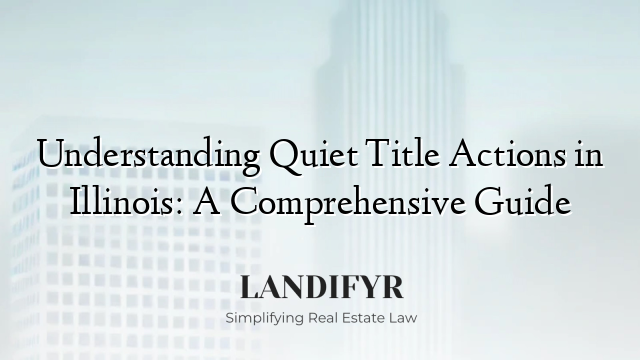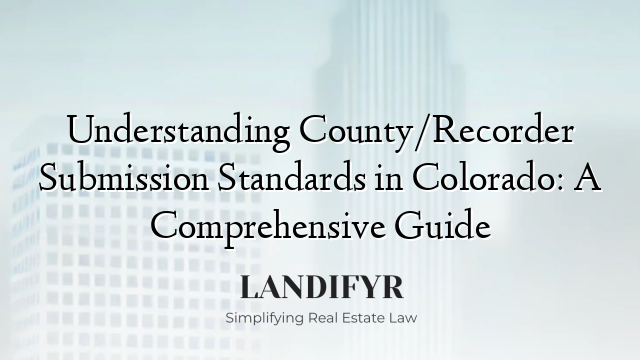Understanding Quiet Title Actions in Ohio: A Comprehensive Guide
Introduction to Quiet Title Actions A quiet title action is a legal proceeding initiated to establish or settle the ownership rights to a particular property. In Ohio, the primary purpose of such an action is to eliminate any uncertainties or disputes surrounding property titles. This is often necessary when multiple parties claim ownership or when […]
Understanding Quiet Title Actions in Ohio: A Comprehensive Guide Read More »









